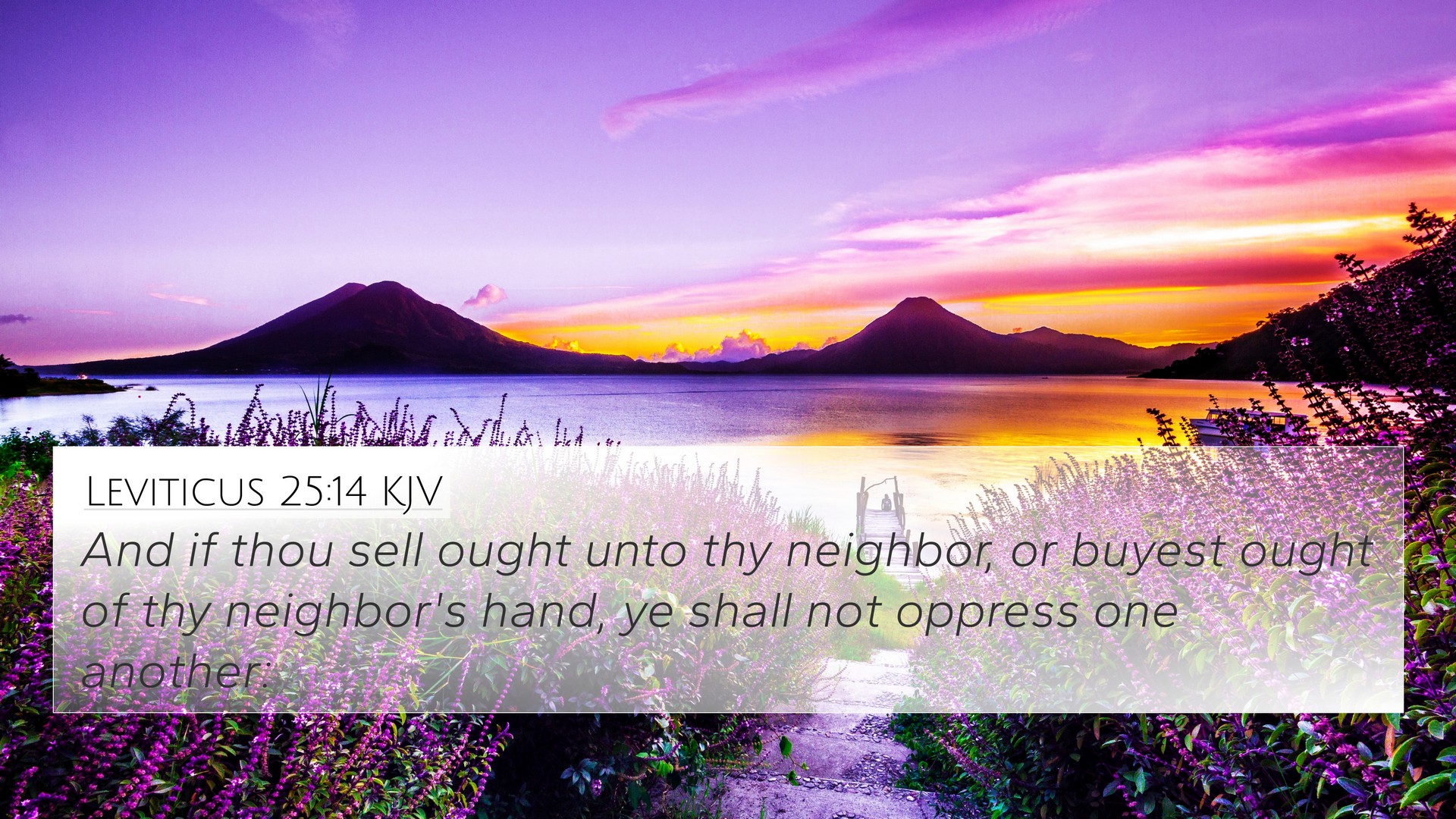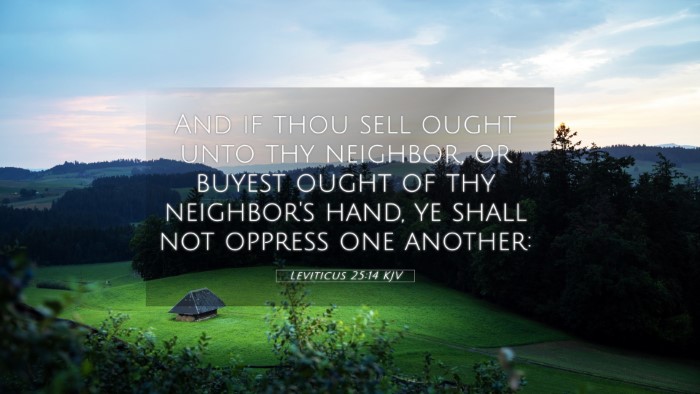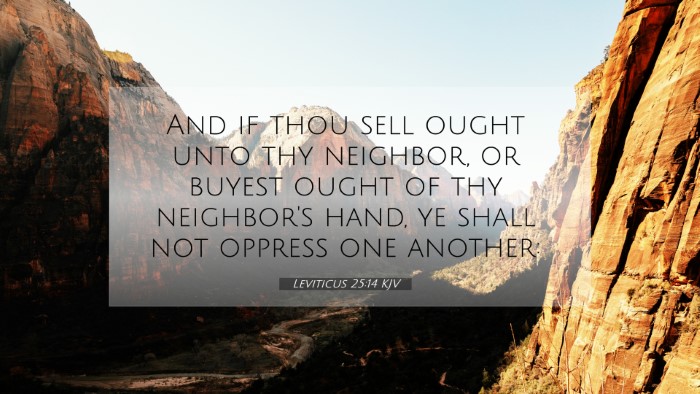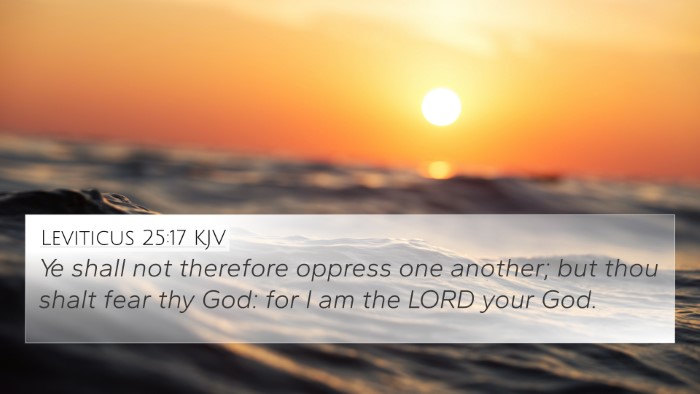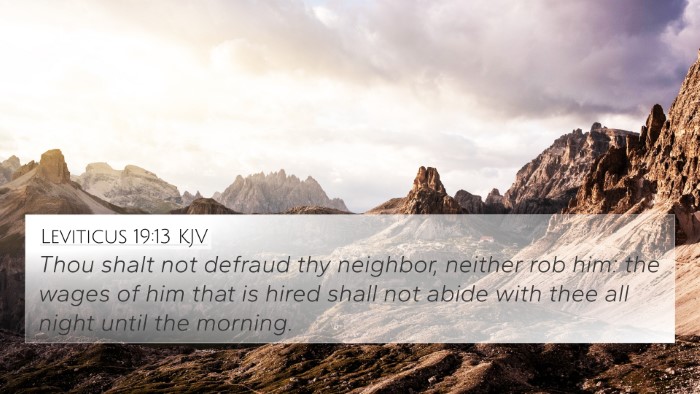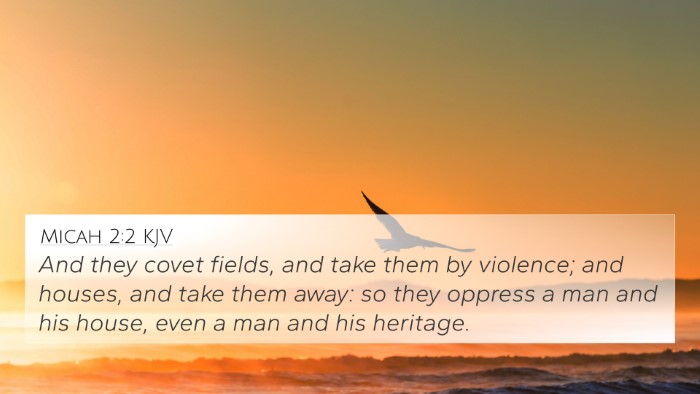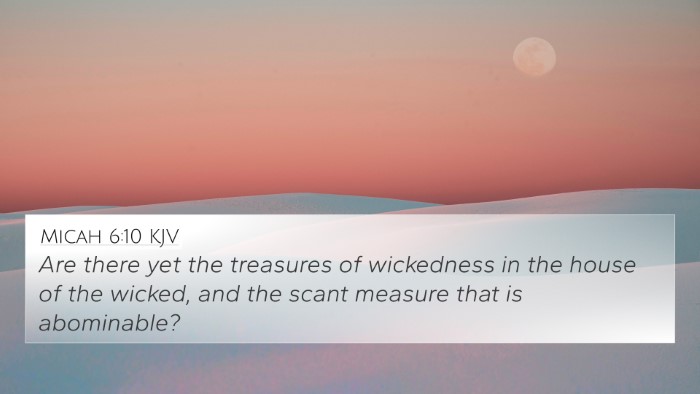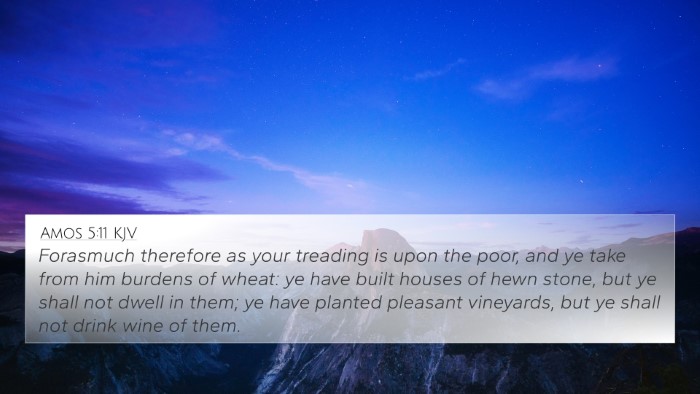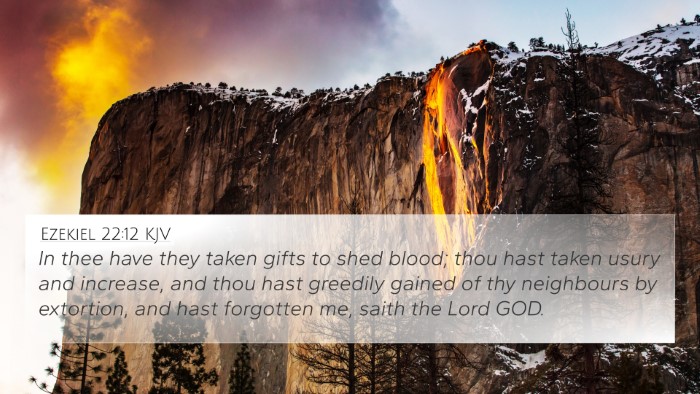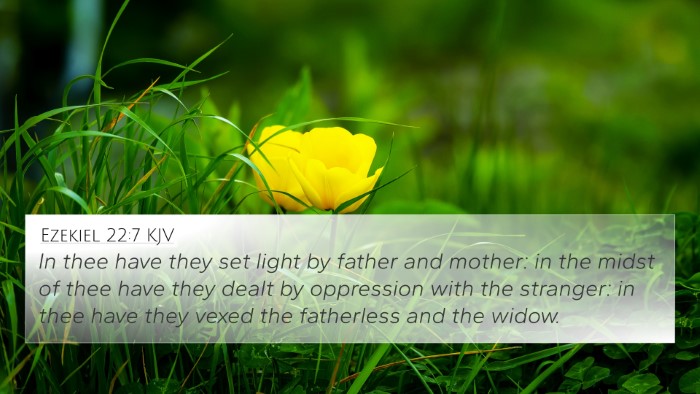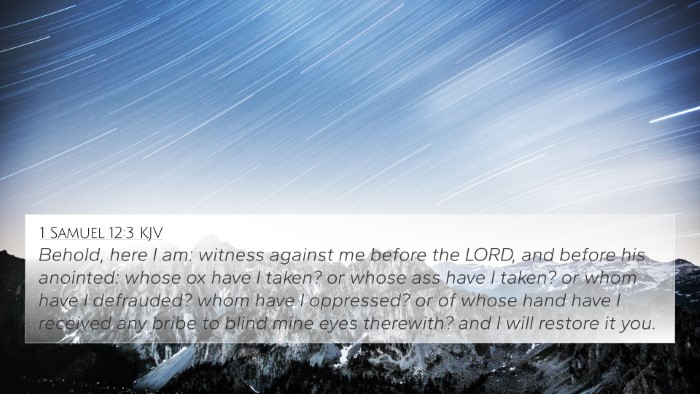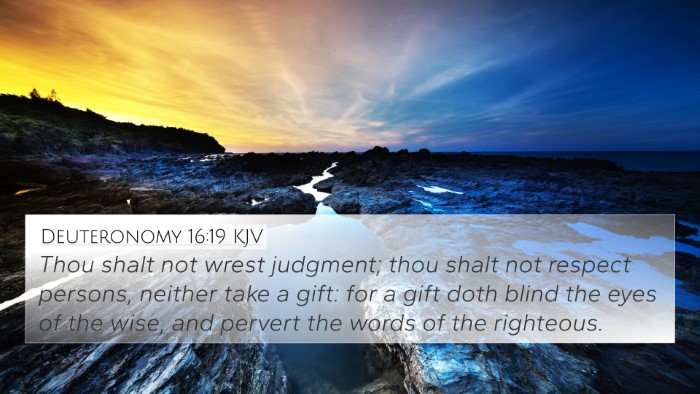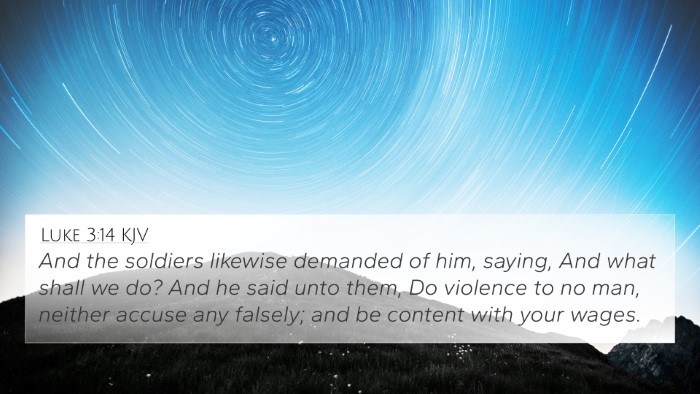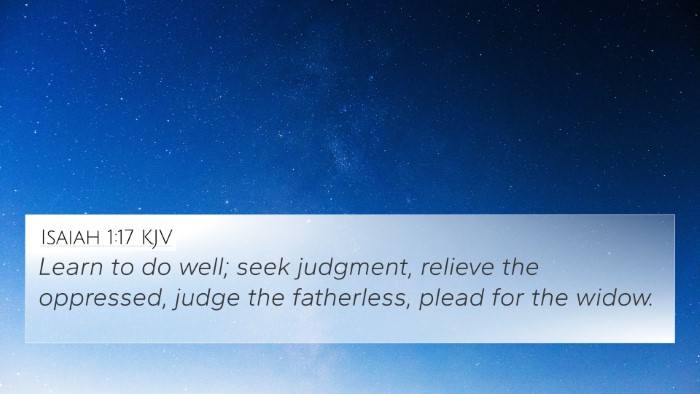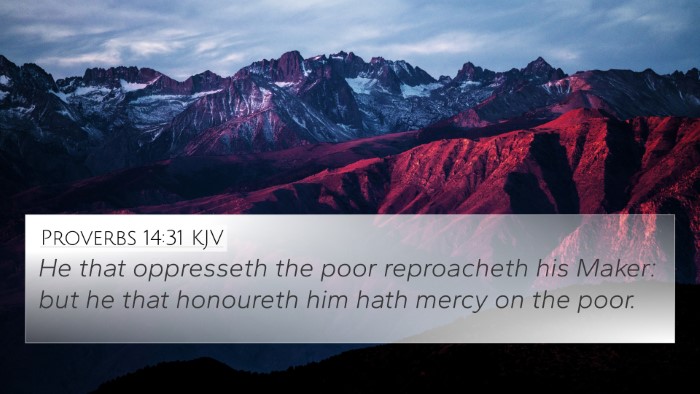Understanding Leviticus 25:14
Leviticus 25:14 states, "And if you sell anything to your neighbor or buy from your neighbor’s hand, you shall not oppress one another." This verse highlights the ethical considerations in financial transactions among the Israelites, promoting fairness and compassion in their dealings.
Below is a comprehensive examination of this verse, drawing insights from esteemed public domain commentaries such as those by Matthew Henry, Albert Barnes, and Adam Clarke. We will explore the theological implications, the cultural context, and the broader scriptural connections that illuminate its meaning.
Thematic Analysis
The core theme of Leviticus 25:14 revolves around justice in interpersonal relationships, especially in business dealings. It serves as a mandate against exploitation, encouraging the faithful to act with integrity.
Matthew Henry's Commentary
Henry emphasizes that this law was meant to preserve equity among the people of Israel. He explains that God's people were to act as stewards of His provisions, reflecting divine justice in their transactions. The admonition against oppression indicates that lending and selling should occur without coercion or unfair practices.
Albert Barnes' Commentary
Barnes provides a historical context, indicating that the Israelites were often in precarious financial situations due to various reasons such as famine or war. Thus, the instruction to avoid oppression becomes vital for maintaining community ethics. He highlights God’s concern for the poor and vulnerable, stating that such laws ensure a supportive society where love and trust prevail.
Adam Clarke's Commentary
Clarke notes the broader social fabric interwoven within this commandment. He points out that the prosperity of one individual should never come at the cost of another’s dignity or rights. Clarke sees this verse as part of a much larger ethical mandate throughout the law, urging Israel to reflect God's character through equitable interaction.
Cross-References
This verse connects to several other biblical texts that elucidate the same principles of fairness, justice, and community ethics. Here are some notable cross-references:
- Exodus 22:25 - Prohibiting usury from the poor.
- Deuteronomy 24:14-15 - Reiterating the call to justice for workers.
- Proverbs 22:16 - Warning against oppressing the poor for personal gain.
- James 5:4 - Condemning those who defraud laborers of their wages.
- Matthew 7:12 - The Golden Rule, reflecting the heart of ethical relationships.
- Luke 6:31 - Encouraging kindness in dealings with others.
- Galatians 6:7 - The principle of sowing and reaping, relevant to equitable acts.
Connections Between Bible Verses
Leviticus 25:14 forms a foundational text for understanding justice in both the Old and New Testaments. The ethical principles laid down here resonate within various scriptures, emphasizing compassion and equity:
- Connections with the Gospels: Jesus' teachings often reflect themes of justice, mercy, and fair treatment for all people.
- Linking with the Epistles: Pauline letters frequently discuss themes of social justice and care for the marginalized, echoing the sentiments of Leviticus.
Tools for Bible Cross-Referencing
To explore connections between Bible verses further, one can utilize various tools such as Bible concordances or cross-reference guides. These resources can assist in identifying thematic links and enhancing the understanding of scripture through a cross-referencing Bible study approach.
Conclusion
Leviticus 25:14 carries an enduring message on ethical conduct in society, encouraging believers to uphold justice and mercy in their dealings with one another. Understanding this verse within its broader biblical context deepens our appreciation for God’s call to live justly. By cross-referencing with other biblical texts, we see continuity in the divine message regarding the treatment of others, reinforcing the need for integrity and compassion in all interactions.
